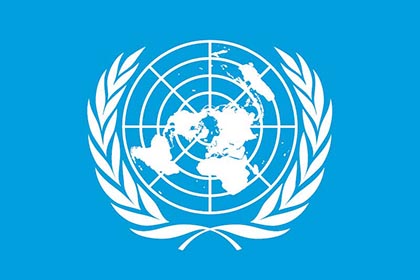
Experts argue that reducing policy uncertainty is as important as cutting tariffs, to attract foreign investment.
China does not have a low tariff investment regime, but transparency for foreign investors means that it remains the second largest recipient of FDI in the world, and provides a lesson for other developing countries, argued experts at the World Investment Forum.
This was the message from policymakers, academics and civil society experts who discussed how policy uncertainty in developing countries deters foreign investors. The session was organised by Consumer Unity and Trust Society (CUTS) International, a consumer advocacy organisation based in India.
Several studies found that uncertainty in India was driven by its domestic policy challenges, and not by global uncertainty factors, said Mr. Mehta, Secretary-General of CUTS. The 2014 World Investment Report also noted that policy uncertainties surrounding FDI policy in the retail sector in India had dampened the investment climate.
Prabhash Ranjan, who researches investment law at Delhi's South Asian University, said that recent high profile cases showed a lack of political consensus in India around how foreign investors are treated. In 2013 India received $28 billion of FDI inflows, compared to China's $124 billion.
Multinational companies have a "deep dislike" for instability, said Rajneesh Narula, Professor of Business Regulation at the University of Reading. They will seek to avoid locations where regulation and enforcement change unpredictably over time. This reduced FDI over the long term and also reduces the propensity for deeper value addition by multinational companies. Japan, Korea and China are all examples of countries which do not have low tariff investment regimes, but they benefit from predictable and transparent rules for foreign investors.
Ken Poonoosamy, Managing Director of the Board of Investment of Mauritius, said the country had implemented a package of reforms that had led to a significant increase in FDI. FDI inflows to Mauritius averaged about $33 million a year until 2005, but they hit a peak of $679 million in 2012.
In 2006 the government embarked on an economic reform agenda which included scrapping 26 permits that were required to start a business in the country. The country had also built a sound network of Investment protection and Promotion Agreements over the years. "It is easier for smaller groups of countries to develop common systems than to agree on a multilateral system," said Mr. Poonoosamy.
Mauritius has successfully moved from low income to middle income status, but finding the right policy mix to direct both public and private resources to the most productive sectors of the economy has been a process of trial and error, added Mr. Poonoosamy. A capital gains tax on property was introduced in 2011 and then repealed the following year after investors retreated from the market. It was important to consider the impact of new laws on both domestic and foreign investors, he said. FDI accounts for only four per cent of annual gross capital formation in Mauritius.